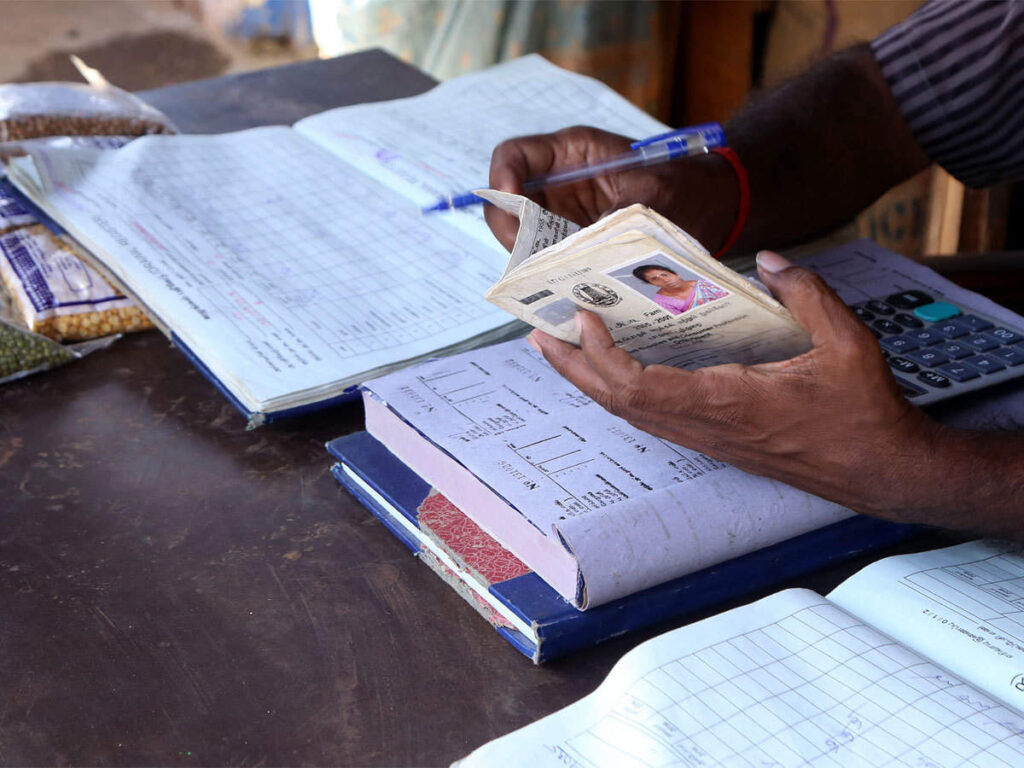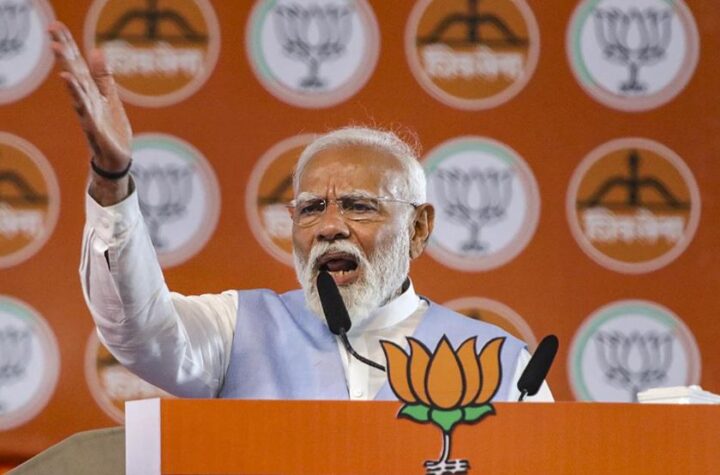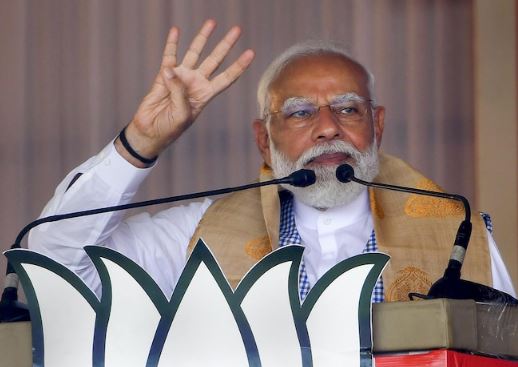On Tuesday, the Supreme Court did well to set a deadline of July 31 for states to implement the One Nation One Ration Card system. Considering the sheer scale of the migrant crisis that unfolded last year – food grains were distributed to a staggering 2.8 crore migrants under the government’s AatmaNirbhar Bharat scheme – and the still precarious financial position of households, especially of migrant laborers working in the informal economy, the Court has rightly reminded states of the urgency of implementing this scheme. Citizens must not be denied basic welfare benefits simply because they have migrated beyond state boundaries.
The concept of One Nation One Ration Card (RC) revolves around the idea that citizens should be able to avail of their entitlements irrespective of where they reside in the country.RC will ensure all beneficiaries especially migrants can access PDS across the nation from any PDS shop of their own choice. No poor person is deprived of getting subsidizedfood grains under the food security scheme when they shift from one place to another. So, now, under the food Security Act they can avail ration from any of the 5.4 lakh fair price shops across the country, and not be bound to the shop near the place where their ration card is registered. But there are several issues that require careful consideration. First, shifting to such an architecture will also require continuous and real-time information on migration across the country. The Court chastised the Centre for the delay in setting up a portal to register migrant and unorganized workers.
Second, food grain allocations across states will need to be more flexible in nature, taking into account seasonal fluctuations in migration. Thus the information technology infrastructure needs to be robust to ensure effective inventory and stock management. Third, as entitlements tend to vary across states, migrants will not be able to access the full benefits available to them in their home states, unless those costs are borne by the states. But this would require integrated, regularly updated, dynamic systems. Fourth, not all the 5.4 lakh fair price shops have installed ePoS
machines. For instance, as reported in this paper, Delhi is yet to start using ePoS in fair price shops. Fifth, there is also the issue of allowing for the updating of household member details on the ration card, and seeding of ration cards with Aadhaar only in the home state.
To incentivize states to shift to this architecture, last year, the central government had made states’ additional borrowings conditional on the successful implementation of the One Nation One Ration Card system. More such measures may be needed to ensure a quick and effective rollout of this scheme. The migrant crisis last year threw into sharp relief not only their precarious economic situation, but also the absence of comprehensive safety nets to fall back on. Shifting to this new framework would be a step towards strengthening existing social security nets whose glaring holes have been exposed by the pandemic.











More Stories
NDA as 15 in Northeast’s 25 seats go to polls: PM
Not Big Fan Impact Player; Its Development of All-Rounders, Says Rohit
Modi will come with hope in 2024: PM